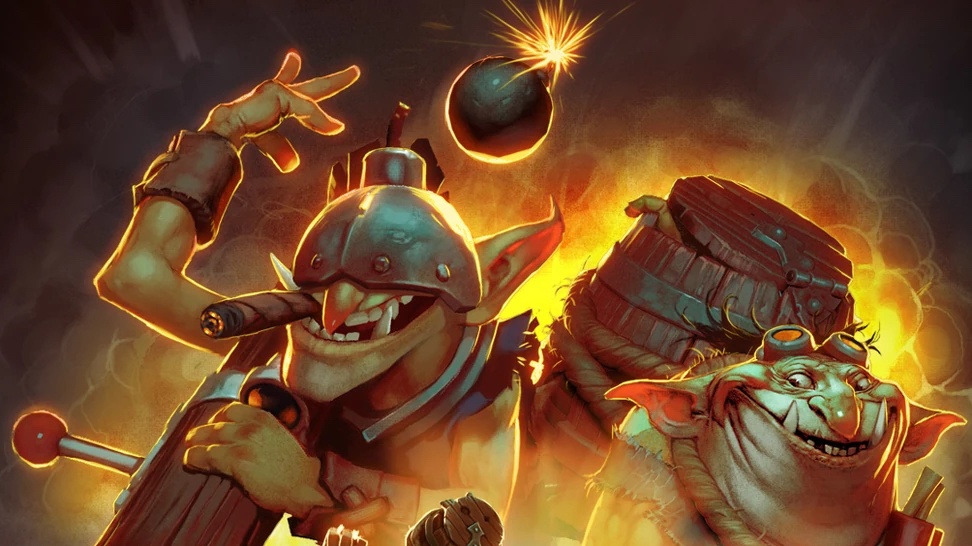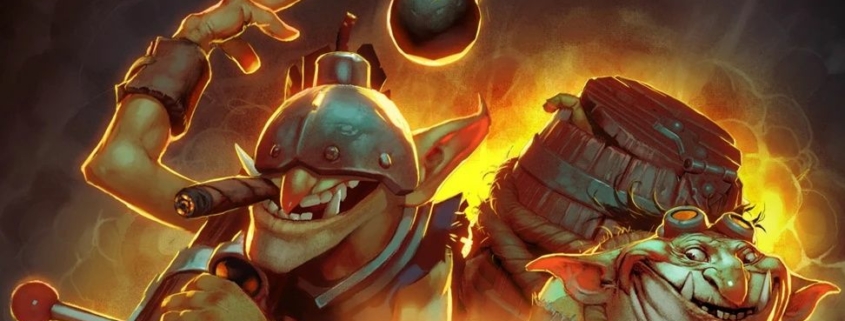Valve lured 40,000 Dota cheaters into a trap before banning them in one day

With more than a little braggadocio, Valve has announced that it’s permanently banned over 40,000 Dota 2 accounts for cheating. In a post to the official Dota 2 blog (opens in new tab) yesterday, the company revealed that it had constructed a cunning trap to catch thousands of players that were using “third-party software” to “access information used internally by the Dota client that wasn’t visible during normal gameplay,” lending them an unfair advantage in-game.
It worked like this: Once it became aware of the exploit, Valve released a patch that created “a section of data inside the game client that would never be read during normal gameplay, but that could be read by these exploits”. Valve says that every single one of the accounts banned yesterday had read from that secret data, giving the company “extremely high confidence that every ban was well-deserved”.
Valve’s whole announcement has the air of a warlord mounting their enemies’ heads on spikes as a warning to the rest. The studio says that (and feel free to read this in Batman’s voice, if you prefer), “While the battle against cheaters and cheat developers often takes place in the shadows,” it wants “to make this example visible, and use it to make our position clear”. That position, in case you’re unsure, is that anyone running cheat software like this “can be permanently banned from playing Dota,” up to and including pro players, who “will be banned from all Valve competitive events”.
Although it’s thrown down the gauntlet, Valve is prepared for a long war. The company expects “that some players will continue to develop and use new exploits” and pledges to “continue to detect and remove these exploits as they come, and continue to ban users who cheat”. It also thanked the players who helped it catch the cheaters, “from those who reported a player acting suspiciously in-game, to those who reviewed overwatch cases where this behavior was observed”.
As not only publisher for some of the most popular multiplayer games on PC but the steward of Steam, home of many other multiplayer games, Valve has good reason to publicise its cheater apprehensions (though plenty of players will tell you, not without reason (opens in new tab), that it doesn’t do enough). A few years ago, we reported that the company had 1,700 CPUs working to catch CS:GO cheaters (opens in new tab) alone via its machine learning system, while back in 2016 11,000 Dota and CS:GO cheaters (opens in new tab) found themselves summarily banned after Valve Anti-Cheat got a tune-up. Some battles truly never end.
Source link




